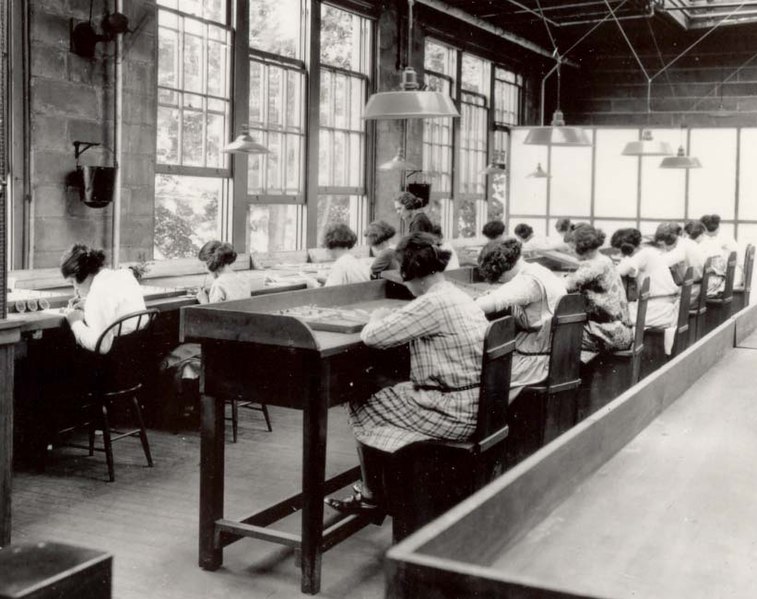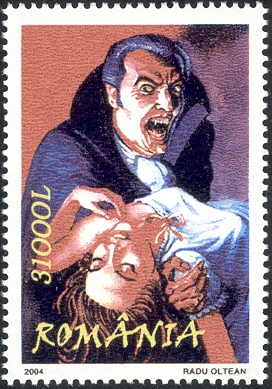Quoth I to me, “A chant royal I’ll dite,
With much ado of words long laid away,
And make windsuckers of the bards who cite
The sloomy phrases of the present day.
My song, though it encompass but a page,
Will man illume from April bud till snow —
A song all merry-sorry, con and pro.”
(I would have pulled it off, too, given time,
Except for one small catch that didn’t show:
Forgotten words are mighty hard to rhyme.)
Ah, hadavist, in younghede, when from night
There dawned abluscent some fair morn in May
(The word for dawning, ‘sparrowfart,’ won’t quite
Work in here) — hadavist, I say,
That I would ever by stoopgallant age
Be shabbed, adushed, pitchkettled, suggiled so,
I’d not have been so redmod! Could I know? —
One scantling piece of outwit’s all that I’m
Still sure of, after all this catch-and-throw:
Forgotten words are mighty hard to rhyme.
In younghede ne’er a thrip gave I for blight
Of cark or ribble; I was ycore, gay;
I matched boonfellows hum for hum, each wight
By eelpots aimcried, till we’d swerve and sway,
Turngiddy. Blashy ale could not assuage
My thirst, nor kill-priest, even. No Lothario
Could overpass me on Poplolly Row.
A fairhead who eyebit me in my prime
Soon shared my donge. (The meaning’s clear, although
Forgotten words are mighty hard to rhyme.)
Fair draggle-tails once spurred my appetite;
Then walking morts and drossels shared my play.
Bedswerver, smellsmock, housebreak was I hight —
Poop-noddy at poop-noddy. Now I pray
That other fonkins reach safe anchorage —
Find bellibone, straight-fingered, to bestow
True love, till truehead in their own hearts grow.
Still, umbecasting friends who scrowward climb,
I’m swerked by mubblefubbles. Wit grows slow;
Forgotten words are mighty hard to rhyme.
Dim on the wong at cockshut falls the light;
Birds’ sleepy croodles cease. Not long to stay …
Once nesh as open-tide, I now affright;
I’m lennow, spittle-ready — samdead clay,
One clutched bell-penny left of all my wage.
Acclumsied now, I dare no more the scrow,
But look downsteepy to the Pit below.
Ah, hadavist! … Yet silly is the chime;
Such squiddle is no longer apropos.
Forgotten words are mighty hard to rhyme.
— Willard R. Espy





